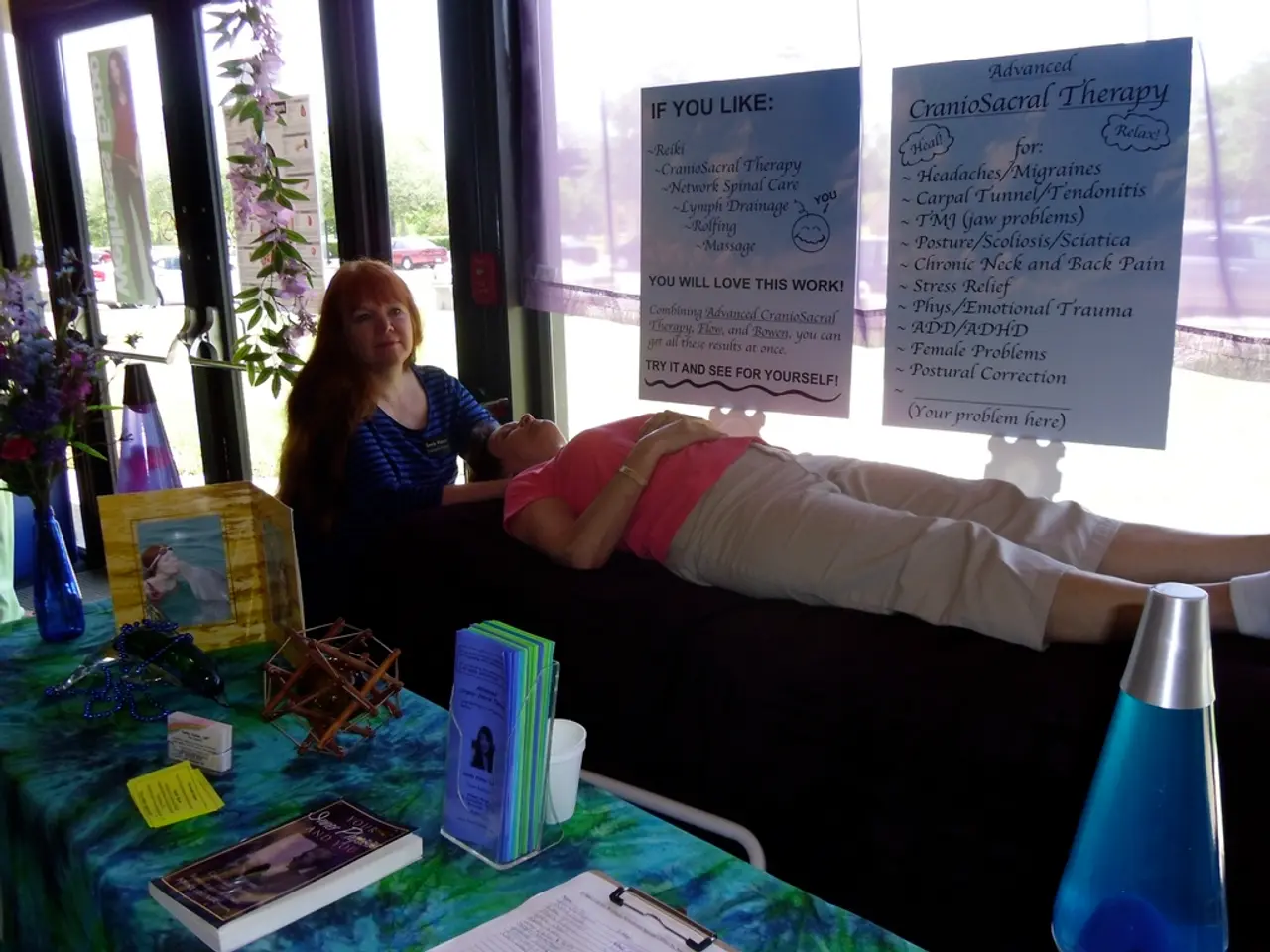Understanding Now: Frequently Asked Questions Regarding Post-Traumatic Stress Disorder
PTSD: More Common Than You Might Think
Post-Traumatic Stress Disorder (PTSD) is a mental health condition that can affect anyone, not just soldiers or survivors of sexual assault. Approximately 25-30% of people who survive trauma develop PTSD, and it's estimated that PTSD affects around U.S. adults every year.
Diagnosing PTSD
To receive a PTSD diagnosis, a mental health professional will look for at least one recurring symptom, one avoidance symptom, two arousal and reactivity symptoms, and two cognition and mood symptoms. These symptoms must last for more than a month and cause significant distress or impairment in daily life.
PTSD and Demographic Groups
Research shows that women are twice as likely to be diagnosed with PTSD as men, and certain demographic groups, such as Latinos, Black Americans, Indigenous Americans, and the LGBTQIA+ community, have disproportionately higher rates of PTSD due to structural bigotry and systemic health disparities.
Symptoms of PTSD
PTSD symptoms fall into four categories: intrusion, avoidance, arousal and reactivity, and changes in thoughts and moods. Intrusion symptoms include flashbacks, nightmares, and recurrent, distressing memories of the traumatic event. Avoidance symptoms include avoiding reminders of the traumatic event, feeling detached, and experiencing a lack of interest in previously enjoyed activities. Arousal and reactivity symptoms include difficulty sleeping, feeling jumpy or easily startled, and having trouble concentrating. Changes in thoughts and moods can manifest as negative thoughts, feelings of guilt, or persistent sadness.
Brain Changes in PTSD
Studies have shown that people with PTSD may have increased levels of cortisol, the stress hormone, and changes in the brain, particularly in the amyggdala, hippocampus, and prefrontal cortex. These changes can affect the processing of flashbacks and nightmares, and may contribute to symptoms of PTSD.
Treatment for PTSD
Treatment for PTSD can include various forms of psychotherapy, medications to treat related symptoms, and a support system. Talk therapies, such as trauma-focused cognitive behavioral therapy (TF-CBT), eye movement desensitization and reprocessing (EMDR), prolonged exposure therapy, and cognitive restructuring, are helpful for people with PTSD. Additionally, treatment methods for PTSD may include trauma-focused mentalization-based therapy (MBT-TF), cognitive behavioral therapy (CBT) with various adaptations such as acceptance and commitment therapy (ACT) and dialectical behavior therapy (DBT), and supportive therapies like group therapy, medication, creative therapies, and stabilization exercises for the nervous system.
Support for Those with PTSD
Seeking support from friends, family members, the community, or peer support groups can be beneficial for those with PTSD or Complex PTSD (CPTSD). CPTSD symptoms may include memory lapses, feeling detached from oneself, along with the other PTSD symptoms. It's important to remember that unsolicited prodding can violate a person's boundaries, increase PTSD symptoms, and spoil sincere intentions to support them.
Treatment for CPTSD
CPTSD is a longer lasting form of PTSD that usually develops from ongoing trauma (like experiencing childhood abuse). Treatment for CPTSD can be similar to that for PTSD, with a focus on addressing the ongoing nature of the trauma and the effects it has had on a person's life.
PTSD is a Treatable Condition
Receiving a diagnosis of PTSD is an actionable first step to healing. With the right treatment and support, it's possible to manage and reduce the severity and duration of PTSD symptoms. If you or someone you know is struggling with PTSD, it's important to seek help from a mental health professional.
Read also:
- Peptide YY (PYY): Exploring its Role in Appetite Suppression, Intestinal Health, and Cognitive Links
- Toddler Health: Rotavirus Signs, Origins, and Potential Complications
- Digestive issues and heart discomfort: Root causes and associated health conditions
- House Infernos: Deadly Hazards Surpassing the Flames








